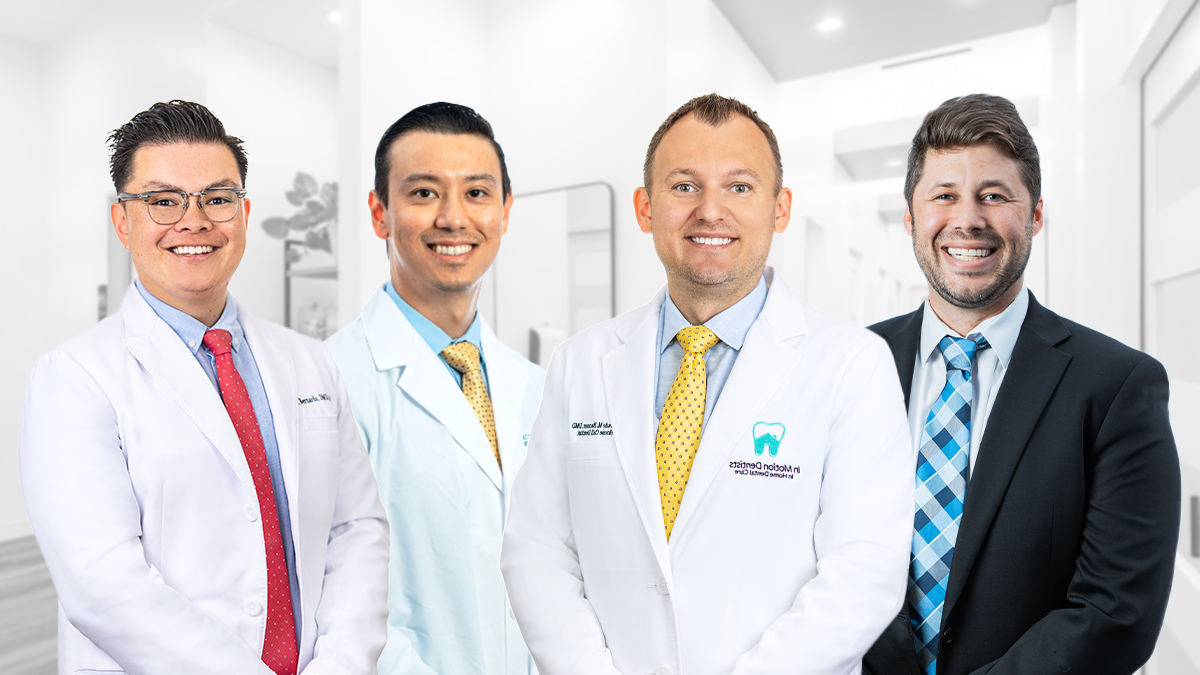 A dental emergency is a situation that threatens the health of your teeth, gums, or oral tissue and requires immediate attention. But how do you know if your symptoms are an emergency or if you can wait for an appointment? Explore seven common reasons to see an emergency dentist.
A dental emergency is a situation that threatens the health of your teeth, gums, or oral tissue and requires immediate attention. But how do you know if your symptoms are an emergency or if you can wait for an appointment? Explore seven common reasons to see an emergency dentist.
1. Knocked-Out Tooth
See an emergency dentist right away for a knocked-out tooth. Your immediate action and keeping the tooth moist can help save it.
What You Can Do Until You See a Dentist
Try to save your tooth with these steps:
- Pick up the tooth by the crown.
- Gently rinse the tooth roots with water only if the tooth is dirty.
- Put it back into the socket and apply gentle pressure for five minutes.
If you cannot replant the tooth:
- Avoid touching the tooth roots.
- As the American Dental Association recommends, keep the tooth between your cheek and gums.
- Or, put the tooth in a plastic bag, keeping it moist with your saliva or cold milk.
- Take it with you to the dentist.










